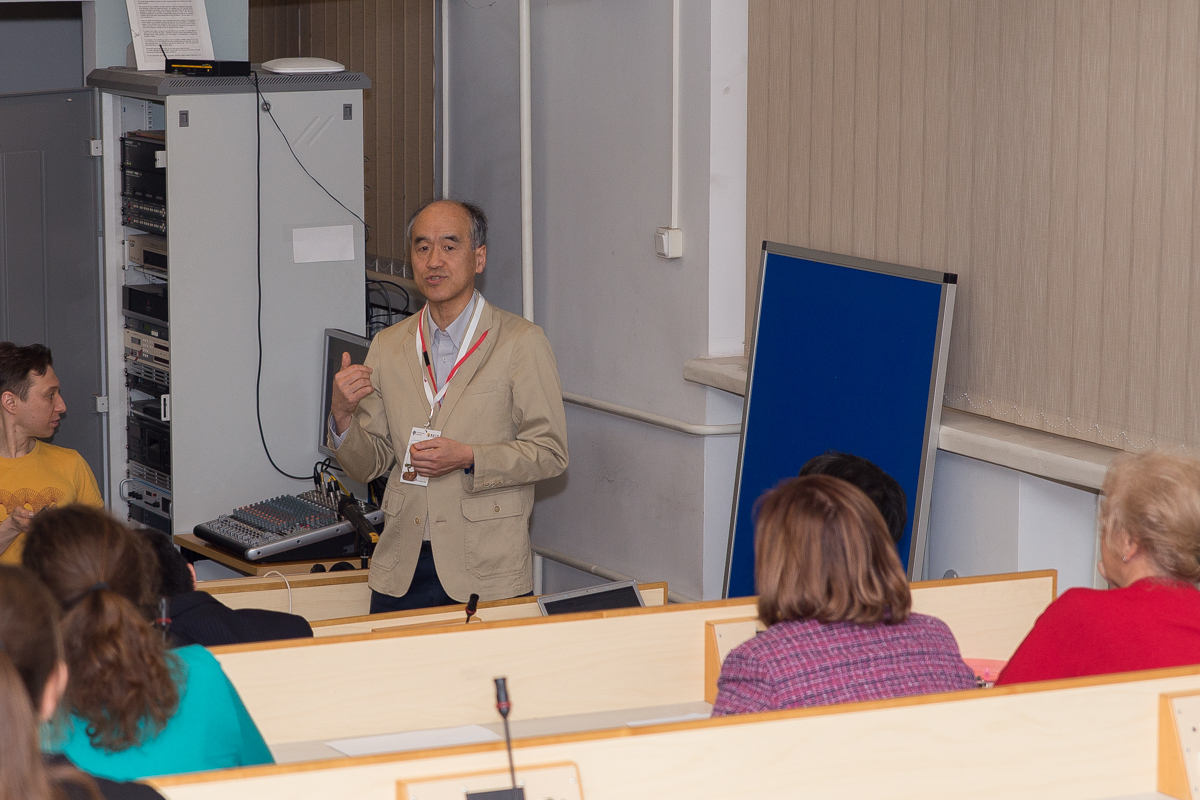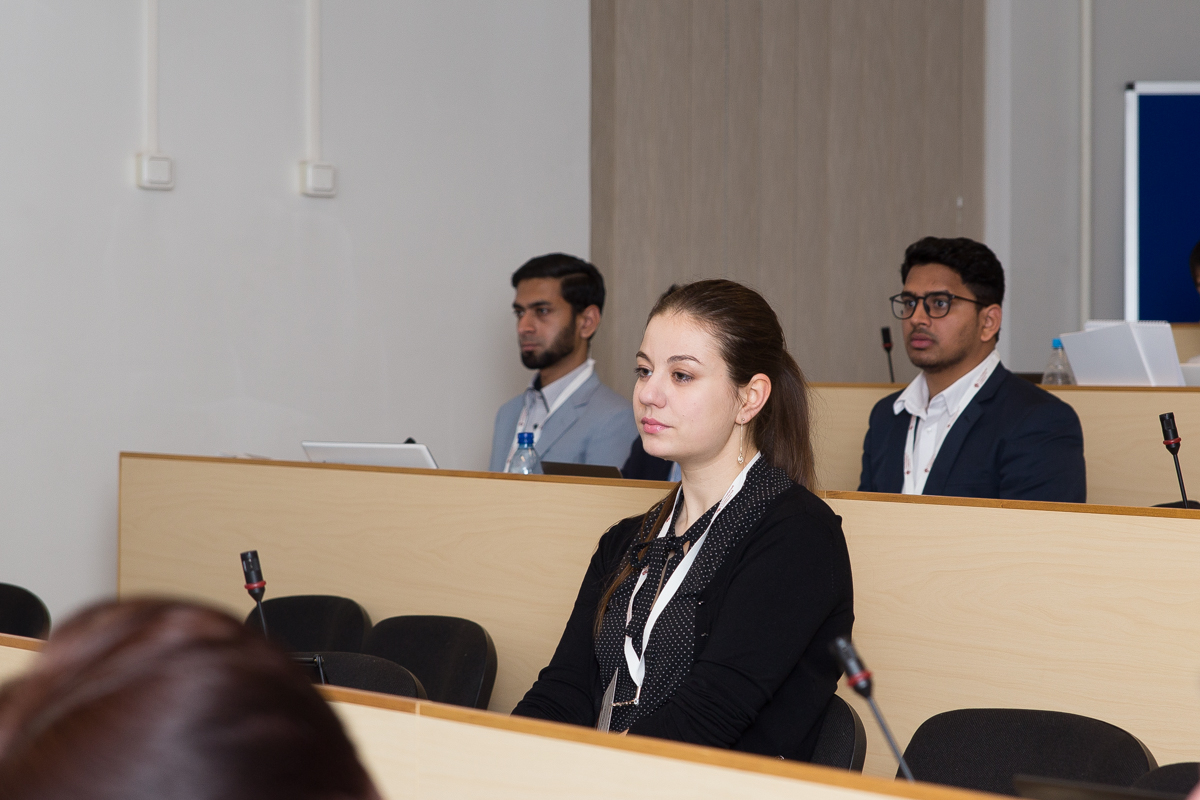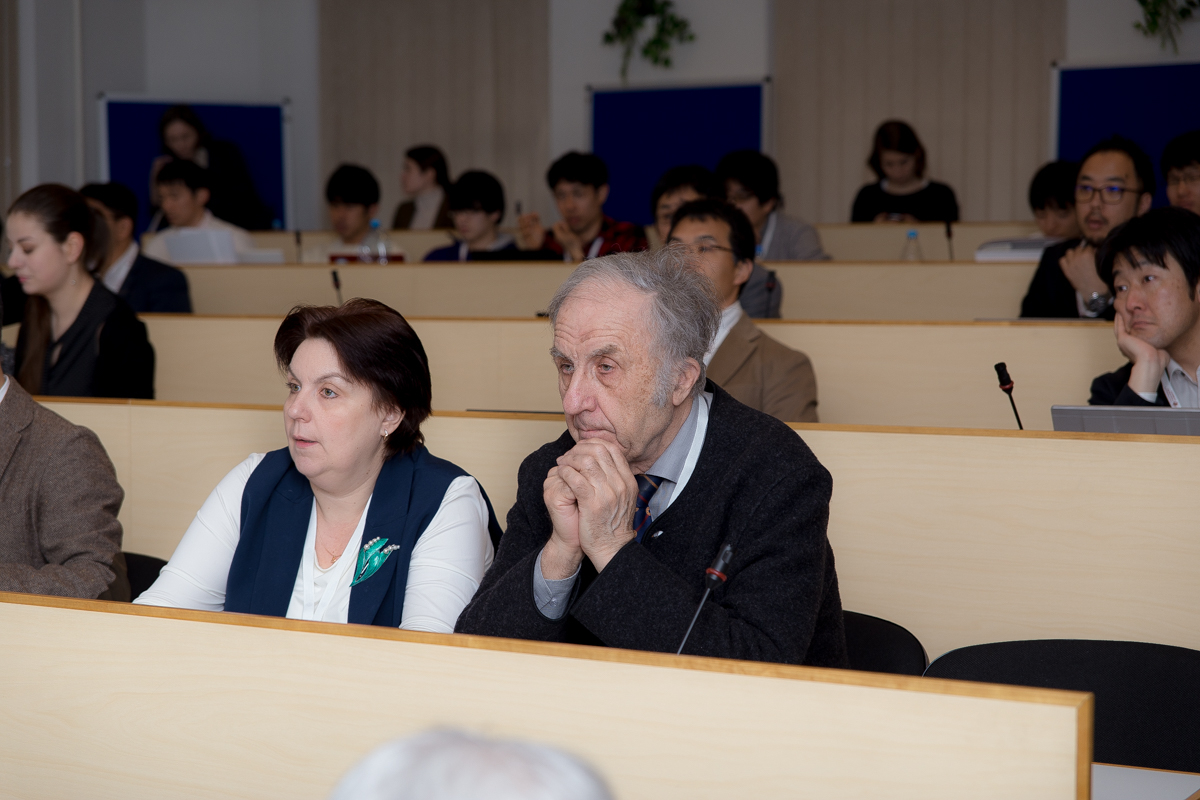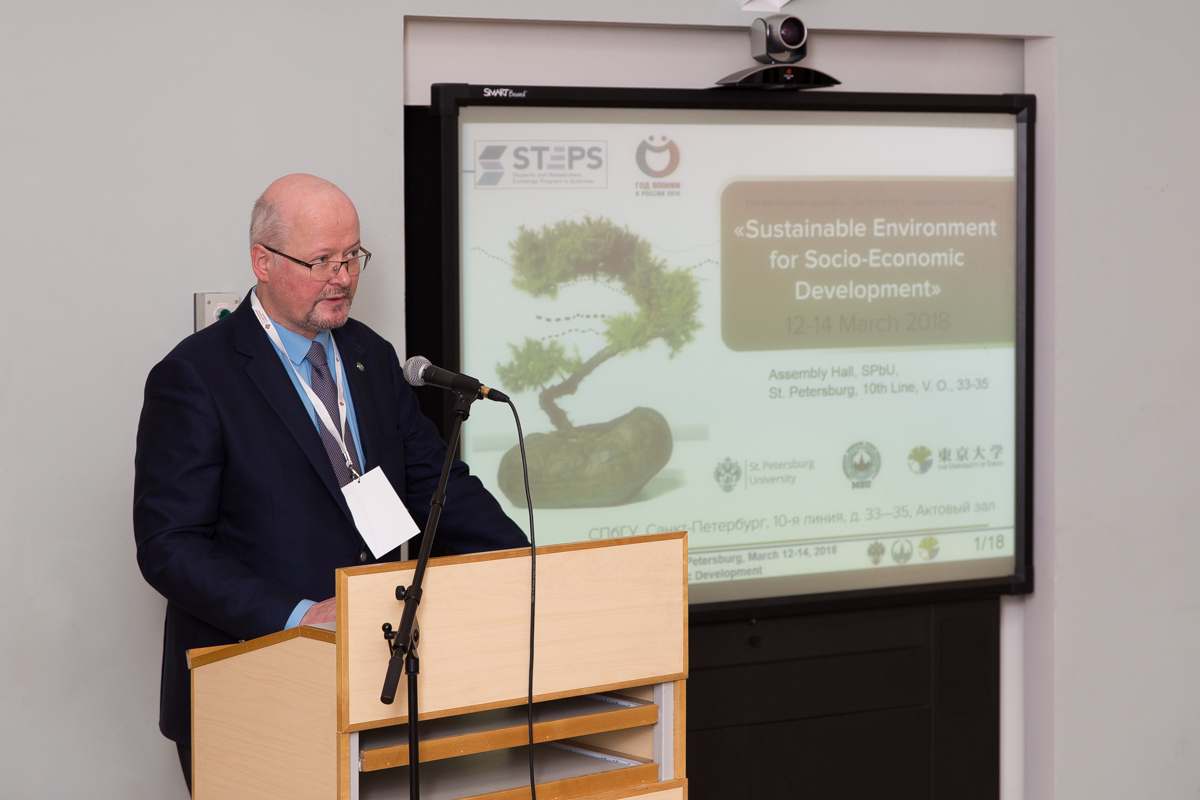The issues of sustainable development of the environment were discussed at SPbU
The third Russian-Japanese STEPS seminar aimed at the exchange of students and scientists "Stable Environment for Social and Economic Development — Frontiers in Science and Technology" took place at St Petersburg University.
Included into the official set of events of the Year of Japan in Russia, this scientific and practical seminar is part of the academic exchange programme in the field of natural sciences and humanities — Students and Researchers Exchange Program in Sciences (STEPS). The goal of the project, implemented by St Petersburg University in cooperation with the University of Tokyo and Moscow State University, is to establish academic exchange and stable relations between the scientists of Russia and Japan, which will promote the development of joint research of the two countries in the future.
Today's STEPS seminar is the first one to be held at St Petersburg University. Earth sciences has been developed at our university from the very moment of its foundation in 1724, thus making it possible for us to accumulate a unique experience of conducting natural science research. Today we are happy to share it with our colleagues.
Professor Kirill Chistyakov, Director of the SPbU Institute of Earth Sciences, Vice President of the Russian Geographical Society
Hideto Watanabe, Deputy Consul General of Japan in St Petersburg, added: "Achievements in the natural sciences contribute to the emergence of many new technologies: in medicine, economics, industry, which have enormous opportunities for transforming our lives. Both the Russian and Japanese researchers have achieved impressive results in the field of Earth sciences. And the STEPS programme is a good basis for further development of academic and political relations of our countries. Therefore, I will say quite literally that the future of science depends on all of you, both students and scientists gathered today at St Petersburg University," he noted.
The next opportunity for students to apply for academic exchange within the STEPS programme for the 2018/2019 academic year will be provided in May.
Within the framework of the two-day seminar, more than 40 participants from St Petersburg University, the University of Tokyo and Moscow State University delivered presentations at five thematic sections: "International and Urban Transport and Socio-Economic Development", "Minimising the Negative Consequences of Disasters (Hydrology, Water Resources and Flood Risks) "Oceanology, Coastal and River Hydrodynamics", "Urban Planning and Landscape Design" and "Land Use Policies, GIS and Remote Sensing". It should be noted that most of the participants were students and young scientists. SPbU Institute of Earth Sciences was represented by students of the fields of study "Ecology and Nature Management", "Hydrometeorology", "Land Management and Cadastre", "Soil Science", "Tourism", etc, as well as the University volunteers. The reports were devoted to scientific issues relevant for both countries, such as hazardous hydrometeorological phenomena (tsunami, floods, snow avalanches, etc), landscape planning and management of urban areas, the use of satellite information to predict natural phenomena and processes.
The seminar provided opportunities for academic exchange between St Petersburg University and the University of Tokyo, including those for the Earth sciences students. The presentation gave examples of international double degree programmes (CORELIS, POMOR) as a paragon for possible further development within the framework of joint Russian-Japanese master programmes, and also described the possibilities of using the STEPS programme for short-term training at both universities. At the end of the seminar a round table was organised where scientists from St Petersburg University, Moscow State University and the University of Tokyo discussed the possibilities of scientific cooperation and development of joint projects.





